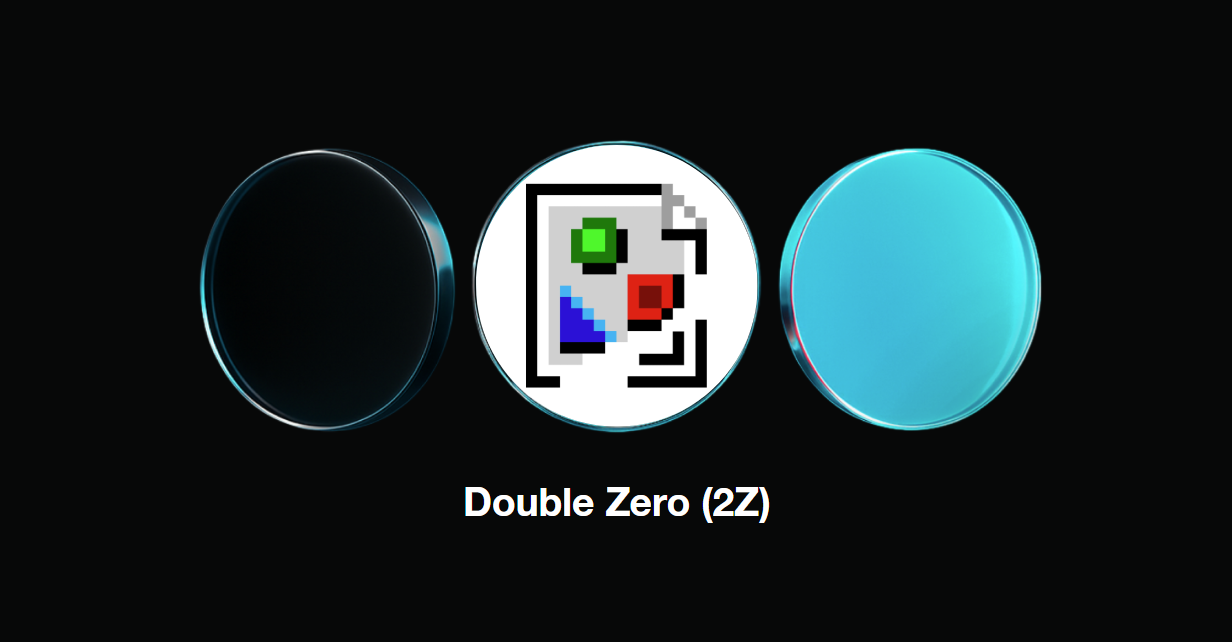
Crash Course on Cryptocurrency
From the groundbreaking innovation of Bitcoin to the diverse ecosystem of altcoins, cryptocurrencies are revolutionizing the way we think about money, finance, and the world. With their offer of a decentralized and secure alternative to traditional financial systems, cryptocurrencies hold the potential to reshape industries and empower individuals. In this article, we will take you through the definition, history, and different types of cryptocurrencies you need to know to navigate the crypto landscape.
Definition
Cryptocurrencies are digital or virtual currencies that secure and verify transactions and issue new coins/tokens with cryptography. Unlike traditional currencies issued by governments or central authorities, (most) cryptocurrencies are decentralized and operate on a peer-to-peer network. This means that transactions can be conducted directly between individuals without intermediaries such as banks. Cryptocurrencies are often built on blockchain technology, a distributed ledger that records and verifies transactions across a network of computers. Some popular examples of cryptocurrencies include Bitcoin, Ethereum, and Dogecoin.
A brief walk into the history
The history of cryptocurrencies can be traced back to the late 1990s, when computer scientist Wei Dai proposed the concept of a digital currency called "b-money." However, the first fully decentralized cryptocurrency, Bitcoin, was created in 2009 by an unknown person or group under the pseudonym Satoshi Nakamoto.
Bitcoin quickly gained popularity among early adopters and tech enthusiasts, and its value skyrocketed from a fraction of a cent to over US$1,000 within a few years. In the following years, other cryptocurrencies such as Litecoin, Polkadot, and Cardano were created, each with its own unique features and use cases.
Despite their popularity, cryptocurrencies have faced several obstacles and controversies throughout their journey. They have been associated with illegal activities and are subject to theft and hacking. Governments and financial institutions have also been skeptical of cryptocurrencies, with some countries banning or restricting trading and/or using them.
The world of cryptocurrencies has continued to flourish in the face of these challenges. New innovations and technologies are emerging every week. Some businesses and individuals have even started accepting cryptocurrencies as a form of payment, and the technology behind them has the potential to transform various industries beyond just finance.
Different types of cryptocurrencies
Currency
As its name suggests, cryptocurrencies were originally designed as a medium of exchange or a store of value, similar to traditional fiat currencies. Most cryptocurrencies fall into this category as they can be traded for fiat or other cryptocurrencies. Notable examples include Bitcoin, Litecoin, and Bitcoin Cash.
Utility
Utility cryptocurrencies are designed to perform a specific function or utility within a particular ecosystem or platform. Examples include Ripple (XRP), used for fast and low-cost international money transfers, Filecoin (FIL), used for decentralized storage and file sharing, and Arbitrum (ARB), granting its owner governance rights in the Arbitrum DAO protocol.
Other
The world of crypto has never been in shortage of innovations and surprises. What comes with those are new (and fun) types of cryptocurrencies. There are stablecoins, which are pegged to real-world assets such as USD, EUR, or gold; meme coins, which tend to take the world by storm every few months, like DOGE and PEPE did last time; NFTs, which are all unique in their own way.
There are many other types of cryptocurrencies, of course, as the crypto world continue to grow and blossom!
Lesson 1: What Is Blockchain? << >> Lesson 3: Real-World Use Cases (P1)




